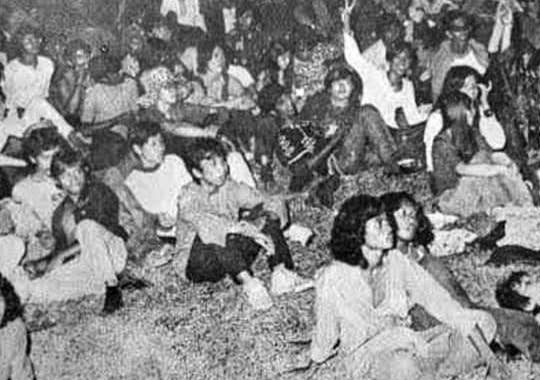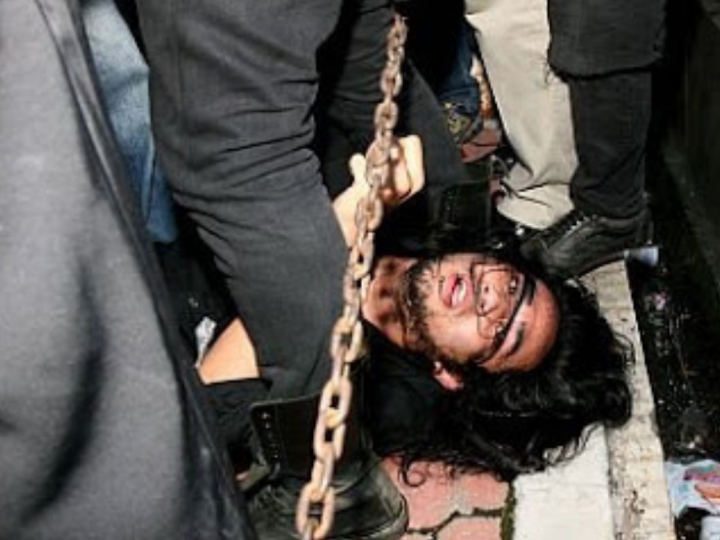Sam Gopal: The M’sian Who Once Jammed With Jimi Hendrix
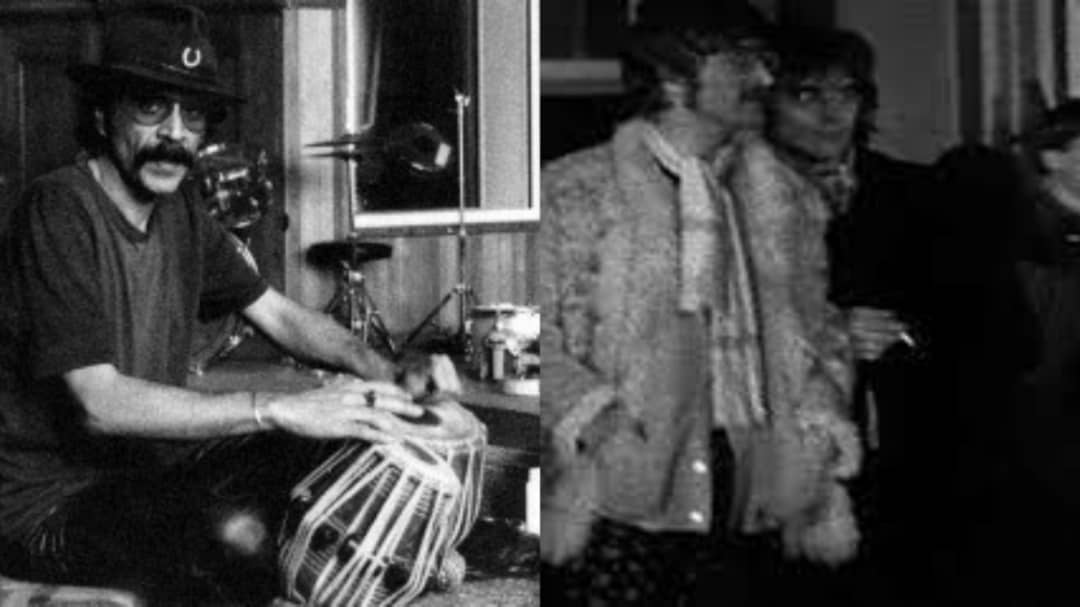 Thirsty for JUICE content? Quench your cravings on our Instagram, TikTok and WhatsApp
Thirsty for JUICE content? Quench your cravings on our Instagram, TikTok and WhatsApp
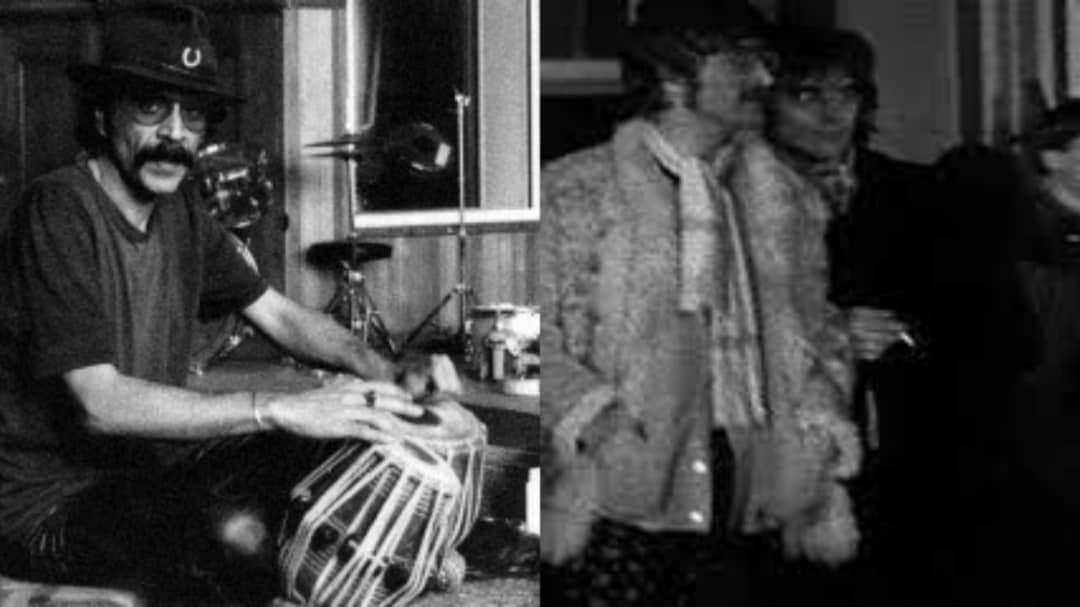
For Malaysians, the realm of international rock icons often seems distant, existing beyond our grasp.
Meeting our idols is a stroke of luck reserved for only a fortunate few, and sharing a stage with them? That’s a dream realised by an even smaller circle.
Yet, among this fortunate few was a man we fondly remember as Sam Gopal.
Born in Malaysia, Sam Gopal’s tryst with music commenced at the tender age of seven, as he immersed himself in the rhythmic intricacies of the tabla, a traditional Indian percussion instrument.
Little did he know that this early fascination would propel him into the heart of the swinging ’60s music scene in England…

Venturing across oceans and continents, Gopal arrived in England in the early 1960s, driven by a thirst for knowledge and a passion for music that would soon define his life’s journey.
In 1966, against the backdrop of the burgeoning psychedelic movement, Gopal formed the band “Sam Gopal’s Dream.”
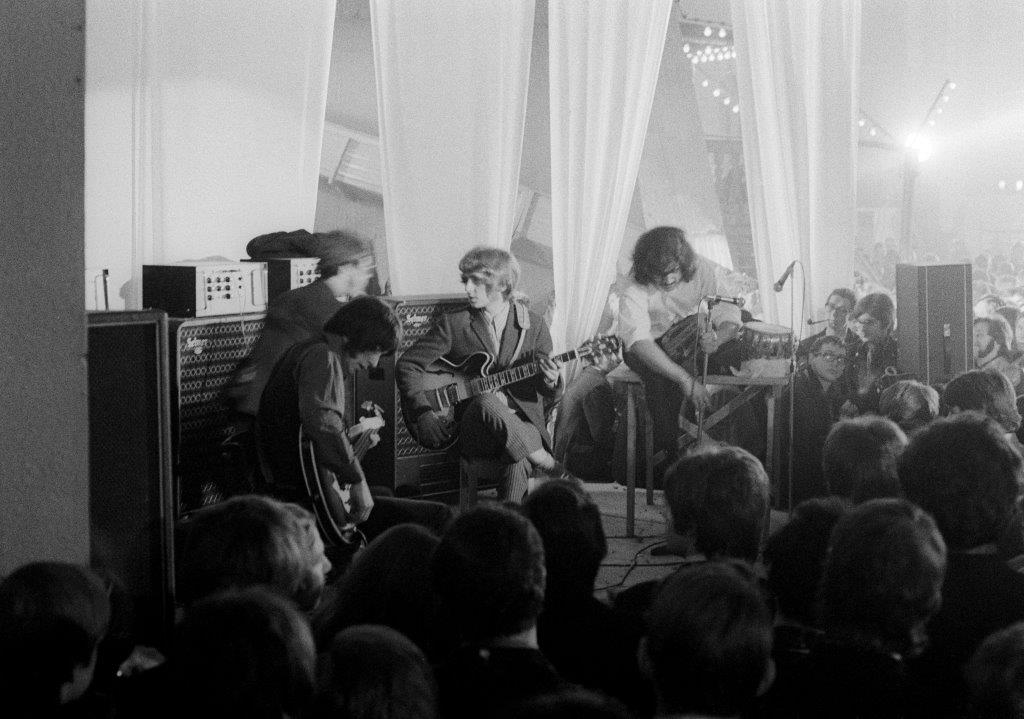
With Gopal on tabla, Mick Hutchinson on guitar, Pete Sears on bass guitar and keys, and later Andy Clark on vocals and keyboards, the band embarked on an odyssey of sonic exploration, melding elements of psychedelic rock, blues, and, of course, traditional Indian music.
Throughout 1967, Sam Gopal’s Dream entranced audiences with their otherworldly performances at iconic venues such as the UFO Club, The Electric Garden, The Roundhouse, and Happening 44.
Events like The 14 Hour Technicolor Dream and Christmas on Earth Continued elevated them to cult status.
The 14 Hour Technicolor Dream was hailed as a diverse event, showcasing poets, artists, and musicians. Pink Floyd, fronted by Syd Barrett, headlined, while other billed artists included Yoko Ono. Among the spectators enjoying Ono’s performance art was John Lennon, accompanied by friends Donovan and John Dunbar.
They also shared stages with luminaries like Pink Floyd, The Who, and, notably, Jimi Hendrix, who joined Sam Gopal’s Dream on the stage at The Speakeasy in London on 22 January 1968 – marking the zenith of Gopal’s musical journey.
The Speakeasy Club, on Margaret Street in Mayfair, London, opened in 1966 and quickly became popular with musicians. Stars like Eric Clapton, The Who, Pink Floyd, and Hendrix would often drop by, sometimes even performing spontaneously after recording.
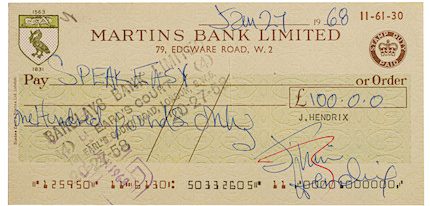
In fact, a check from Jimi Hendrix, dated 27 January 1968, recently sold for USD 10,200 (≈MYR 48,700 today). It was made out to the club for £100.00 and signed by Hendrix in blue ink – now a valuable piece of memorabilia.
However, Gopal’s path was not without its twists and turns.
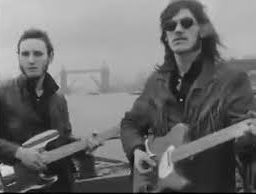
Following lineup changes and a brief hiatus, Gopal rebranded the band as simply “Sam Gopal” and welcomed Lemmy Kilmister, who would later achieve fame with Hawkwind and Motörhead, into the fold.
Though Lemmy’s tenure was brief, his association with Gopal added to the band’s storied legacy. There’s even a song called ‘Sam Gopal’s Dream’ by the band Sonic Shamen on their album Tribute to Lemmy.
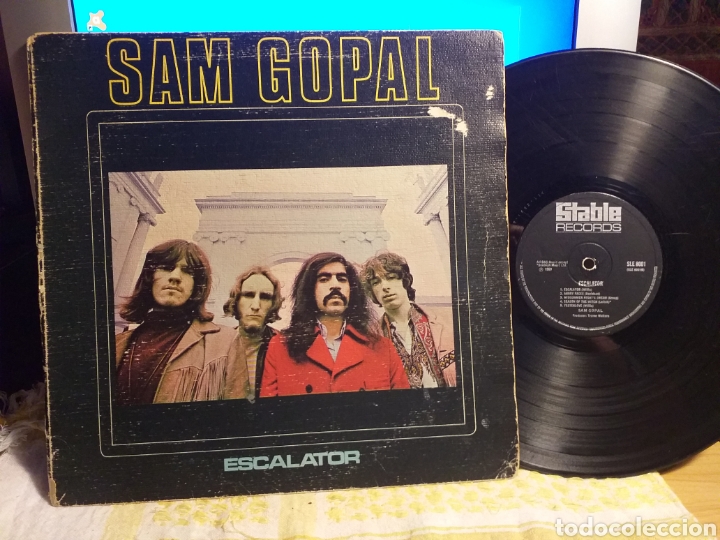
Despite fading from the limelight in later years, Gopal’s passion for music remained undiminished. Landing in India in the 1980s, he pursued a career as a music teacher, imparting his knowledge and wisdom to future generations of musicians.
Yet, his creative spirit continued to soar, as evidenced by albums like Sam Gopal’s Indian Ragas and Sam Gopal’s World Music.
In an interview with American journalist David Roth, Gopal shed light on his reluctance to capitalise on his association with Hendrix for publicity. For him, the music itself spoke volumes, transcending the need for flashy marketing tactics or name-dropping.
Gopal passed away in 2009. Today, his legacy lives on through his website, serving as a digital archive of his talent and contributions to the psychedelic rock genre for generations to come.
Although most of Gopal’s recordings are hard to come by, we found the album Escalator on Spotify. Have a listen below!


 Get Audio+
Get Audio+ Hot FM
Hot FM Kool 101
Kool 101 Eight FM
Eight FM Fly FM
Fly FM Molek FM
Molek FM
